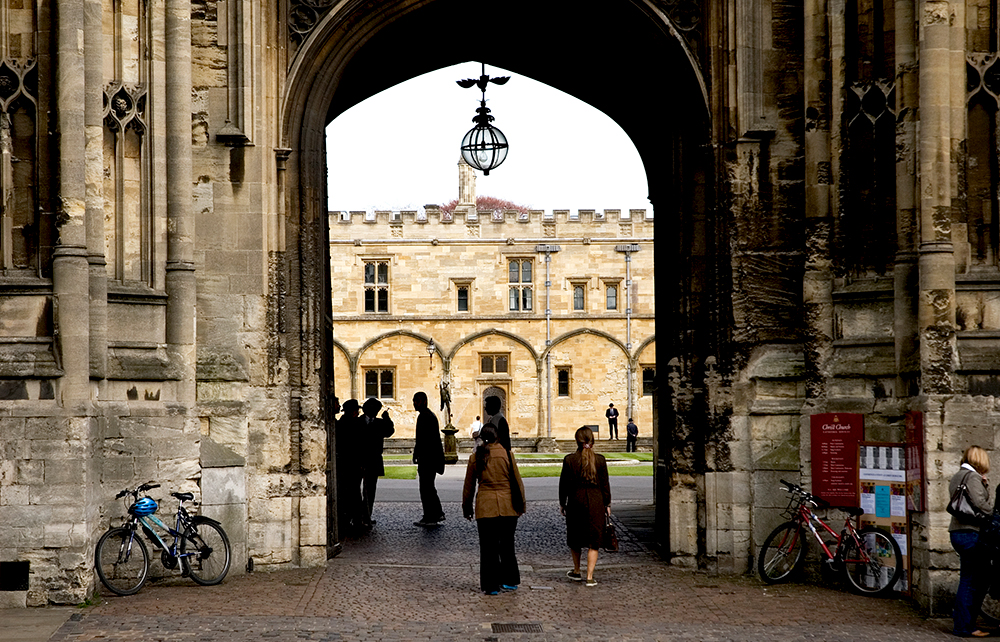There’s a beautiful moment in I Am the Secret Footballer (2012), a Guardian column turned whistle-blower memoir, when the anonymous author is momentarily freed from an enveloping depression caused by his career as a professional sportsman. He’s at Anfield to play against Liverpool in one of the biggest games of the season when he picks up a pristine, unused football before a warm-up drill and, inexplicably, sniffs it. With that inhalation he’s transported from the corruption, pressure, scandalous abuse and monstrous egos of elite sport and for a few seconds becomes a kid uncontainably excited at the prospect of kicking a new ball around his council estate. This Proustian reverie, a rediscovery of the simple pleasure of playing a game with other people, is treasure, because it reminds him why he chooses to do what he does with his time as an adult.
It’s impossible to dissent from the author’s self-assessment that he’s ‘a sad man in a dark place’
By contrast, it’s difficult to understand why the author of The Secret Lecturer is still an academic. After 15 years as a lecturer in an unnamed Arts and Humanities subject at an unspecified institution, he’s still clearly smart and funny – some vignettes of the foibles of middle-aged men in the workplace are sharply observed – but there is nothing to suggest that he takes, or, indeed, has ever derived, any happiness from his chosen career.
Some sense of that pleasure – the excitement of a new research project; an adrenaline rush during a lecture that you suddenly realise is pitch-perfect; the camaraderie of reading and thinking with others – would have made the disappointment and pain he clearly experiences in his working life more impactful and understandable. Even though he has not ‘set out to be deliberately gloomy’, he admits that he ‘probably accentuates the negative aspects of my job’. There is precisely zero ‘probably’ about it.
In a series of diary entries framed to mirror a single academic year – the events recounted actually take place over a longer timeframe in this decade – the Secret Lecturer blows the lid on how administrators, colleagues, managers, politicians, HE-sector wonks and students consistently fall short of his ethical and intellectual standards. The people employed to provide learning support to students with disabilities and additional needs at his own institution are ‘dull-witted’. While he works a 90-hour week and acknowledges that plenty of other academics also put in a proper shift, he’s obsessed by rogue ‘lazy bastards’; he goes to a colleague’s lecture to first-year students and reflects: ‘I would have learned more by drilling a hole in my head and pouring my brains down the loo.’
Don’t get me wrong, I love wry, acidic commentary as much as the next paunched miserabilist. But, tonally, this book often crosses a line dividing the sardonic from the sneering or unbalanced. Escaping his ‘dump’ of a campus, where the ‘only diversity is the expansive range of bigotry’, he attends a conference, only to find that the PhD students giving their first papers are ‘earnest’ and ‘worthy’, but their ‘delivery and content aren’t very sophisticated’. He despises one apparently vastly overpromoted colleague for doing a ‘comedy’ Chinese accent, but isn’t above mocking a department administrator for her speech impediment during a row about access to a stationery cupboard. When he fails to get a job at a university overseas and is angered by their lack of feedback, he’s twice accused of harassment by them. He regards this response as ‘blackmail’ by an institution that’s ‘even more morally defective than my current employer’, and promptly writes to an international job website to ‘warn them about this institution’s unethical ways’. It’s impossible to dissent from the author’s self-assessment that he’s ‘a sad man in a dark place’.
The entire UK higher education sector is, of course, now deep in its own midnight. Recently an online tracker kept by colleagues at Queen Mary, University of London, recorded that there were 49 institutions – that’s just under a third of all UK universities – currently going through redundancy programmes. Disciplines affected included ancient and modern languages, biology, chemistry, drama, engineering, English, history, mathematics, music and theatre. As the Secret Lecturer observes, this situation has not, pace the Daily Mail’s headlines, been occasioned by the influx of woke academics intent on turning once revered institutions into safe spaces for the leftist indoctrination of indolent snowflakes. It has been precipitated by the marketisation of higher education according to a funding model that is manifestly unfit for purpose.
I have worked in higher education for a quarter of a century, and the mood in the sector is far worse than I’ve ever known it. Because of where we’re at in an election cycle, no one knows how the main political parties plan to resolve a funding crisis whereby, because of capped fees and stubborn inflation, institutions are actually losing money for every home undergraduate they teach. As universities shrink or freeze uncertainly in the face of this impasse, those academics lucky enough to remain in post are all in danger of becoming Secret Lecturers, miserably going about our business, too scared to leave before we’re pushed.







Comments